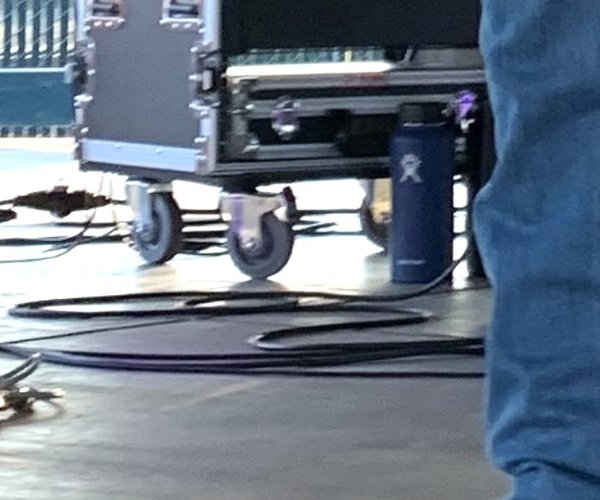Leading causes of damages to underground utility lines while digging include: building or replacing a fence, gardening and landscaping, planting a tree or removing a stump, sewer and irrigation work and building a deck or patio.
Remember to call 811 before any digging project





